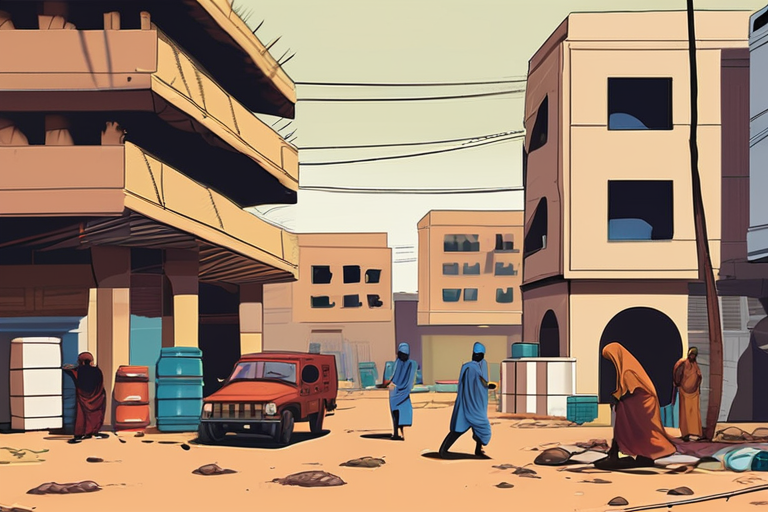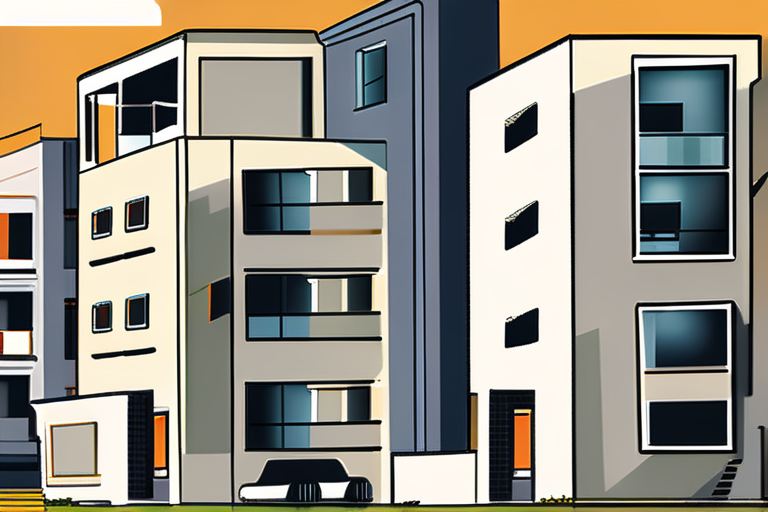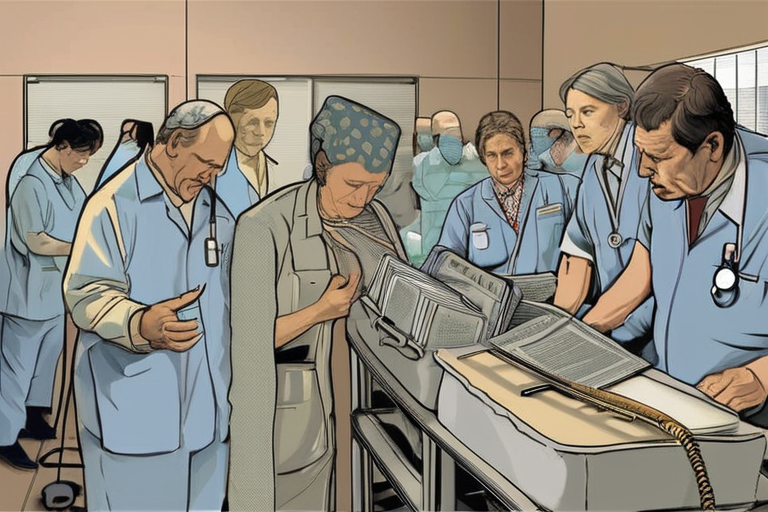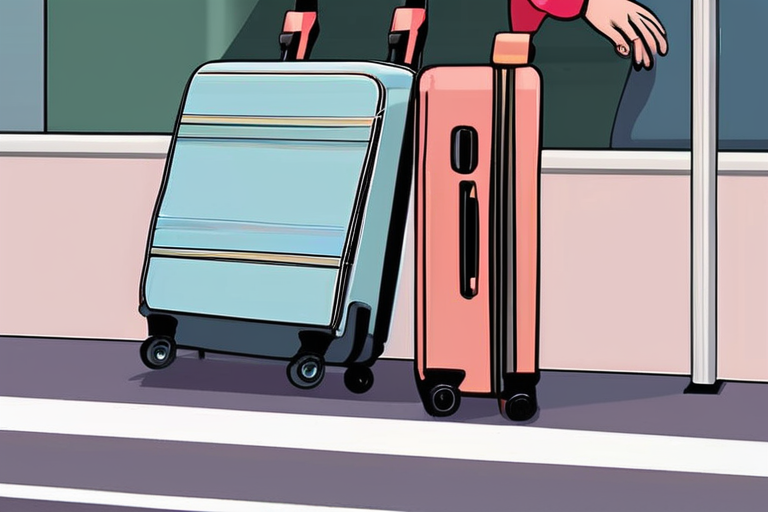Mali's Capital Paralyzed by Fuel Blockade: Business at a Standstill
Bamako, Mali - A month-long fuel blockade imposed by jihadists from an al-Qaeda affiliate has brought the Malian capital to a grinding halt, with long queues snaking around petrol stations and businesses struggling to stay afloat.
The blockade, which began in late January, has resulted in a severe shortage of petrol, forcing many garages to shut down last week. However, on Tuesday, more than 300 tankers arrived under army escort from Ivory Coast, temporarily alleviating the crisis. "Our business is at a standstill," said one motorbike taxi driver, who wished to remain anonymous. "We can't operate without fuel."
The military government has assured residents that the issue is temporary, but there are fears that the new stock will quickly run out. Others have complained about price hikes, which they attribute to the shortage. "My business is dying," said a vendor in the central town of Mopti, who was interviewed by AFP. "I'm struggling to keep my fish refrigerated due to frequent power cuts and fuel shortages."
Mali's landlocked position has made it vulnerable to disruptions in fuel supply chains. The country relies heavily on imports from neighboring countries, which have been affected by the blockade. Analysts predict that the economic impact of the blockade will be significant, with estimates suggesting a 10% decline in GDP growth.
The fuel shortage is just one symptom of a broader crisis affecting Mali's economy. Power cuts and fuel inflation have plagued other cities and areas for several weeks, causing widespread disruption to businesses and daily life. "This is not just an economic issue, but also a humanitarian one," said a spokesperson for the Malian government. "We are working tirelessly to resolve the situation as soon as possible."
The blockade has also raised concerns about the country's security situation. The al-Qaeda affiliate responsible for the blockade has been linked to several high-profile attacks in recent months, including an ambush on French troops last year.
As the situation continues to unfold, businesses and residents are bracing themselves for the worst. "We're running out of options," said a local businessman. "If this blockade continues, we'll be forced to shut down permanently."
The Malian government has promised to increase security measures along major highways to prevent further attacks on fuel tankers. However, analysts warn that the situation is complex and will require a sustained effort to resolve.
In the meantime, residents are left to navigate the chaos, with many relying on alternative modes of transportation or finding ways to adapt to the shortages. As one motorbike taxi driver put it, "We're just trying to survive until this crisis passes."
Background:
Mali is landlocked and relies heavily on imports from neighboring countries.
The country's economy has been struggling due to a combination of factors, including corruption, poor infrastructure, and security concerns.
The al-Qaeda affiliate responsible for the blockade has been linked to several high-profile attacks in recent months.
Additional Perspectives:
Analysts predict that the economic impact of the blockade will be significant, with estimates suggesting a 10% decline in GDP growth.
The fuel shortage is just one symptom of a broader crisis affecting Mali's economy, including power cuts and fuel inflation.
The situation has raised concerns about the country's security situation, with the al-Qaeda affiliate responsible for the blockade linked to several high-profile attacks.
Current Status:
More than 300 tankers arrived under army escort from Ivory Coast on Tuesday, temporarily alleviating the crisis.
Garages that were forced to shut down last week have now reopened.
The military government has assured residents that the issue is temporary, but there are fears that the new stock will quickly run out.
Next Developments:
The Malian government has promised to increase security measures along major highways to prevent further attacks on fuel tankers.
Analysts warn that the situation is complex and will require a sustained effort to resolve.
Residents are bracing themselves for the worst, with many relying on alternative modes of transportation or finding ways to adapt to the shortages.
*Reporting by Bbc.*



 Hoppi
Hoppi

 Hoppi
Hoppi

 Hoppi
Hoppi

 Hoppi
Hoppi

 Hoppi
Hoppi

 Hoppi
Hoppi











